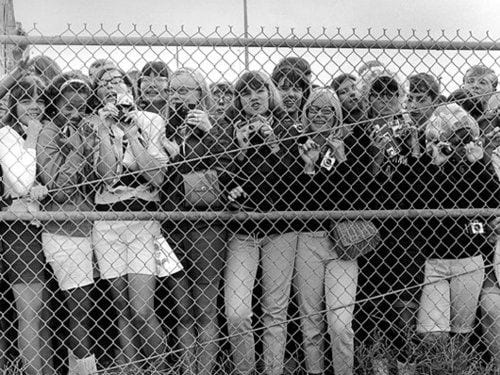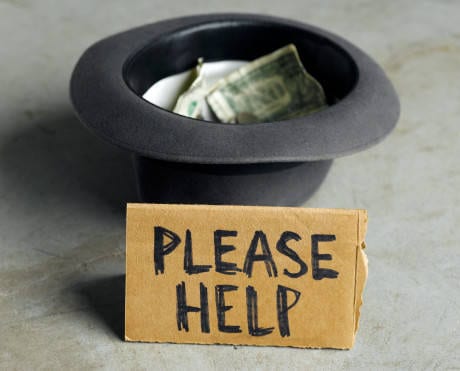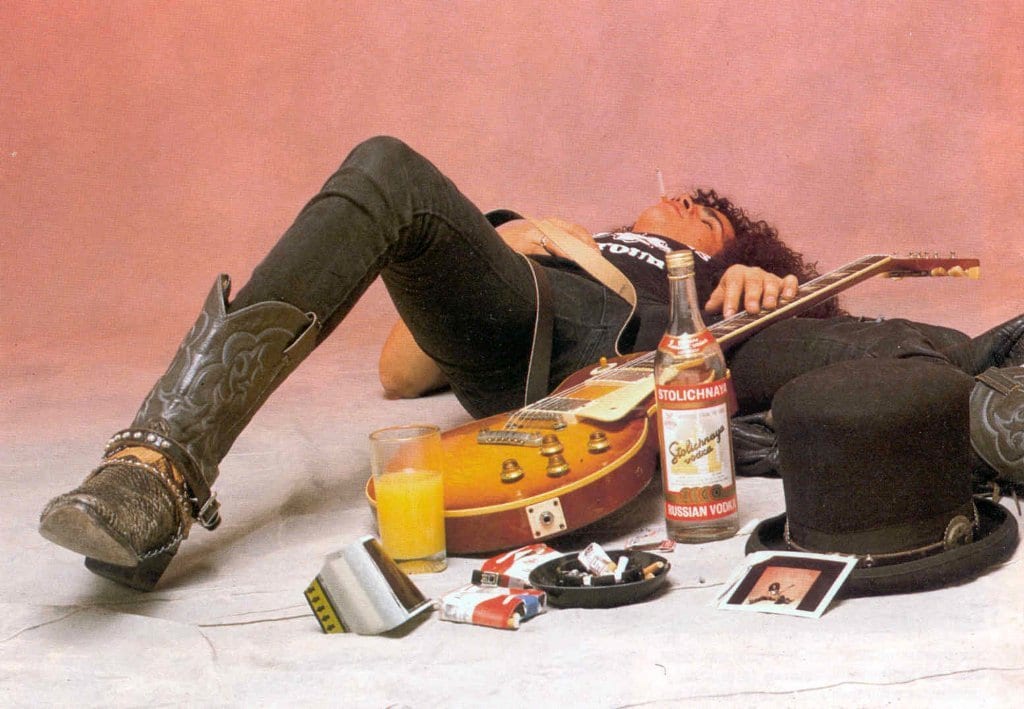Recording an album in a recording studio is often an underestimated process. Be prepared for the wonderful surprises or it could be detrimental to both your wallet and your work of art. Here are 10 commandments to help you make the most of your studio recording time.
1. Thou shalt be on time
The clock ticks for all mortals and studio time is money. Wasted time is time not spent into the quality of your album. Be efficient with the precious time you’re renting, any gear that needs longer to set up should be accounted for and set up earlier.
2. Thou shalt leave thy “groupies” at home
 You’re likely to want to share the thrill of recording your album in a studio, with family and friends, which may double as moral support. Even if each member in a band of 5, brings 1 person, that’s already an excess of 5 people too many. Recording an album is work time and requires concentration best served without distractions. Numerous takes can get awfully tedious for musicians let alone for spectators who will meet boredom with agitation and become noisy.
You’re likely to want to share the thrill of recording your album in a studio, with family and friends, which may double as moral support. Even if each member in a band of 5, brings 1 person, that’s already an excess of 5 people too many. Recording an album is work time and requires concentration best served without distractions. Numerous takes can get awfully tedious for musicians let alone for spectators who will meet boredom with agitation and become noisy.
3. Thou shalt be responsible for thy gear
No instruments, no music. Your gear should be in tip top condition: serviced, intonated, tuned, replace drum heads and strings well in advance and make sure you can set up your gear to sound the way you intend. Do check with the studio what you need to bring beforehand, as well as extra strings, picks, cables, sticks, tubes etc.
4. Thou shalt prepare thy songs
Make a list of songs you plan to record and make sure they are finalized. You should know them though and through and be able to play them clean and precise. So get tight, get practicing and get practicing some more using a metronome.
 5. Thou shalt plan thy budget.
5. Thou shalt plan thy budget.
Discuss your plans with each other and with your sound engineer, make sure all terms are covered and agreed upon. Your budget when kept, should keep you realistic, however don’t sell yourself short either 😉
6. Thou shalt be respectful
Be respectful of studio policies such as drinking (alcoholic and non-alcoholic) and smoking. Respect the studio space, its employees and sound engineer. Be open to their advice and opinions and be thankful. Be respectful to your bandmates, as a team and leave drama out the door and let the good vibes in.
7. Thou shalt feel human
 Be physically prepared for a long day and possibly night. Besides arriving well rested and well fed, bring snacks and refreshments, but avoid the type that make you feel sluggish or wired. Don’t come in hungover either. It’s good to be relaxed, so whatever helps (see 6 studio policies), but not too “relaxed” that you have problems standing, let alone playing.
Be physically prepared for a long day and possibly night. Besides arriving well rested and well fed, bring snacks and refreshments, but avoid the type that make you feel sluggish or wired. Don’t come in hungover either. It’s good to be relaxed, so whatever helps (see 6 studio policies), but not too “relaxed” that you have problems standing, let alone playing.
8. Thou shalt bring references
Some musicians might have trouble with production lingo or expressing themselves, thoughts or ideas into words. So why not let musicians simply express themselves with music: by bringing references they can point out to the sound engineer.
9. Thou shalt record thyself first
Rehearsal recordings can give you and the sound engineer a head start with analysis and can also be used as references which helps save studio time. Getting accustomed with being recorded can often help ease shyness or pressure.
10. Thou shalt keep thy spirits up
 Mistakes can and will happen and can often be corrected, so keep your chin up, work together as a team, take healthy breaks, relax, be open to happy accidents and most importantly get your groove on and have fun! 🙂
Mistakes can and will happen and can often be corrected, so keep your chin up, work together as a team, take healthy breaks, relax, be open to happy accidents and most importantly get your groove on and have fun! 🙂
Do you have any tips or experiences to add? We love to hear all about them 😀







Comments 3